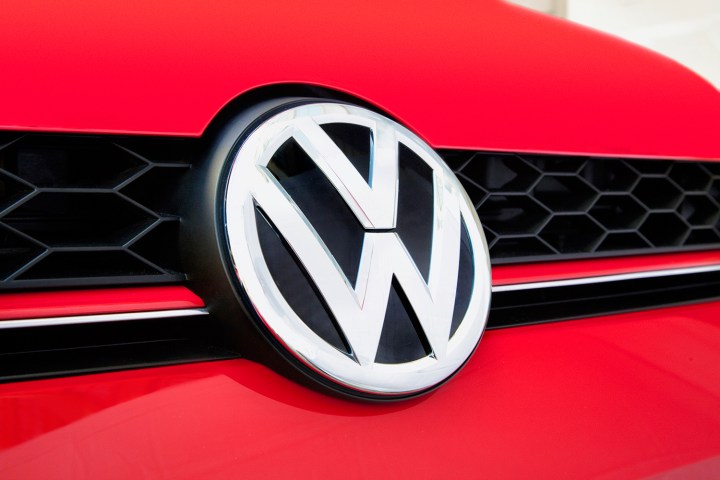
Under the settlement approved at the end of October, owners of VW 2.0-liter diesel vehicles with illegal “defeat device” software have the option to sell their cars back to the company. But exactly what condition the cars should be returned in is becoming a subject of debate.
Last week, U.S. District Court Judge Charles Breyer, who is overseeing the Volkswagen diesel civil cases, advised owners not to strip parts off their cars, after a VW attorney complained that owners were trying to turn in cars with missing components. Addressing owners, Breyer said a “word of caution is appropriate at this time,” according to USA Today.
“Clearly the purpose of the agreement by Volkswagen was to accept these cars in the condition that they were in as they were being driven on the road, and not to strip the cars,” Breyer said. The comments by both Breyer and VW attorney Robert Giuffra were made shortly after Jalopnik published an article about a Cincinnati man who stripped body panels, doors, and airbags off his 2010 Volkswagen Golf TDI before attempting to turn it in for a buyback.
According to Jalopnik, the owner, Joe Mayer, had an appointment with a VW dealer regarding a buyback, but after news of his stripped car got out, he was contacted by a representative from the automaker who said the appointment was postponed. The representative did not offer a timeline for a new appointment, and instructed Mayer direct further questions to a VW attorney.
Mayer claimed stripping the Golf TDI did not violate the terms of the buyback agreement, citing a Federal Trade Commission Consent Order specifying only that cars be “operable,” and defining that condition as being able to run under its own power. However, at the same court hearing where Judge Breyer made his comments about stripped cars, an FTC attorney said the agency opposed “bad-faith behavior by consumers,” while noting that VW must still accept cars with normal wear and tear.


